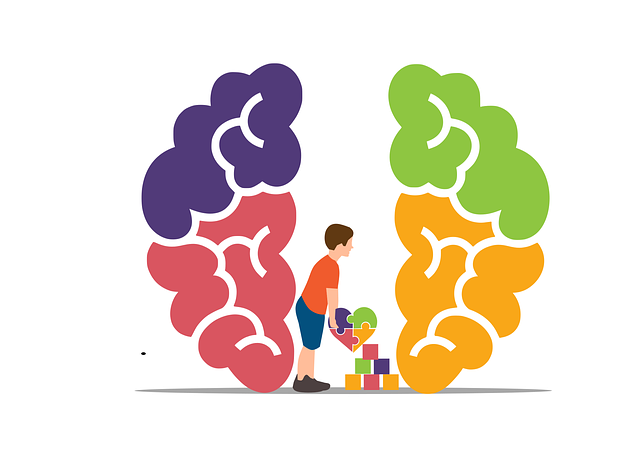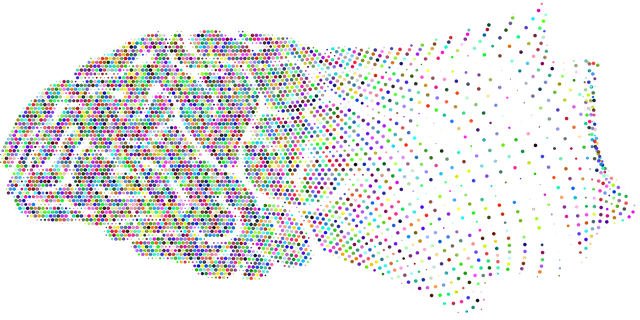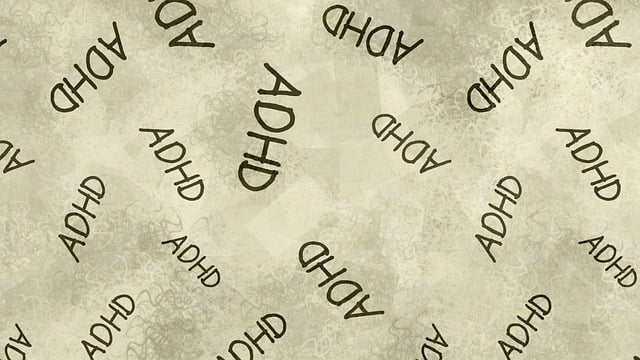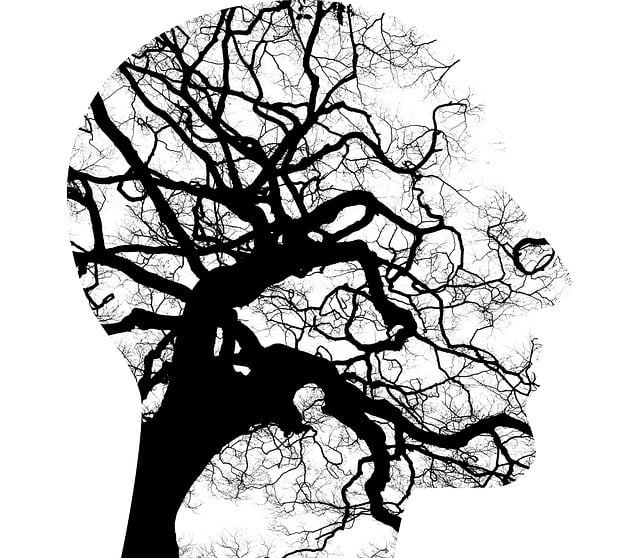Mental wellness journaling, a practice offered by Wheat Ridge Domestic Violence Therapy, is an effective tool for self-reflection and emotional healing. Regular journaling helps individuals process trauma, understand thought patterns, and cultivate self-compassion. It aids in reducing anxiety and depression, identifying behavioral issues, and promoting personal growth. This method aligns with healthcare cultural competency and mental health advocacy, making it a valuable practice for holistic well-being. By dedicating time to write, explore prompts, and reflect, individuals can enhance their mental wellness, process emotions, and foster resilience, all while contributing to public awareness campaigns through shared experiences.
“Unwind your mind and embark on a journey of self-discovery with mental wellness journaling. This powerful tool, backed by research from Wheat Ridge Domestic Violence Therapy, offers a sanctuary for processing emotions and cultivating resilience. In this comprehensive guide, we’ll explore the profound benefits of regular journaling, provide insights on building a structured routine, and offer creative techniques and prompts to elevate your practice. Unlock your emotional health and let your thoughts flow freely.”
- Understanding Mental Wellness Journaling
- Benefits of Regular Journaling for Emotional Health
- Creating a Structured Journaling Routine
- Effective Techniques and Prompts for Journaling Exercises
Understanding Mental Wellness Journaling

Mental wellness journaling is a powerful tool for self-reflection and personal growth, offering individuals a safe space to explore their thoughts and emotions. It involves documenting one’s mental state, experiences, and reflections in a written format, allowing for increased awareness and understanding of one’s well-being. This practice has gained significant traction in various therapeutic settings, including Wheat Ridge Domestic Violence Therapy, where it serves as an effective means of processing traumatic events and promoting healing.
By engaging in regular journaling, individuals can develop a deeper connection with their emotions and gain valuable insights into their thought patterns. It encourages positive thinking by fostering self-compassion and mindfulness, which are essential aspects of mental wellness. Moreover, the act of putting pen to paper can serve as a form of therapy, helping to process complex feelings and experiences. This practice aligns well with the concept of Healthcare Provider Cultural Competency Training, emphasizing the importance of understanding individual perspectives and promoting holistic care. Public Awareness Campaigns Development can also benefit from these insights, as they contribute to broader discussions on mental health and encourage people to prioritize their emotional well-being.
Benefits of Regular Journaling for Emotional Health

Regular journaling can be a powerful tool for emotional health and well-being. By dedicating time to reflect and write about one’s thoughts and feelings, individuals can gain valuable insights into their mental state. This practice allows for processing complex emotions, identifying patterns of behavior, and cultivating self-awareness—all essential aspects of maintaining good mental health. Studies have shown that expressive writing can reduce symptoms of anxiety and depression, improve coping strategies, and enhance overall life satisfaction.
For those seeking support in navigating emotional challenges, Wheat Ridge Domestic Violence Therapy offers a range of services, including guidance on journaling practices as part of their comprehensive approach to mental wellness. Journaling provides a safe space for individuals to explore their emotions, process traumatic experiences (if applicable), and set personal goals. It encourages self-reflection and can serve as a valuable resource for anyone looking to advocate for their mental health, especially in the context of a Mental Health Policy Analysis and Advocacy. Crisis Intervention Guidance from Wheat Ridge Domestic Violence Therapy ensures that individuals have access to effective tools for emotional regulation, making journaling a beneficial practice for personal growth and resilience.
Creating a Structured Journaling Routine

Establishing a consistent journaling practice can be transformative for mental wellness. To begin, set aside dedicated time each day or week for your journal – this structured routine forms the foundation of your self-care ritual. Start with a clean, uncluttered notebook and pen that feel comfortable in your hand, making the act of writing an enjoyable experience. Consider using prompts to guide your reflections, whether it’s exploring gratitude, detailing challenges, or noting down goals and achievements.
Wheat Ridge Domestic Violence Therapy emphasizes the power of self-expression through journaling as a therapeutic tool. By committing to this practice, you open up space for introspection, emotional processing, and personal growth. Moreover, incorporating regular journaling into your routine can serve as an effective burnout prevention strategy for healthcare providers, offering a private sanctuary to de-stress and process demanding work schedules. Enhance your journey by exploring communication strategies within your journal, reflecting on interpersonal connections, and cultivating self-compassion.
Effective Techniques and Prompts for Journaling Exercises

Effective techniques and prompts are key to making your mental wellness journaling exercises both engaging and beneficial. Start by setting a specific intention for each entry, focusing on themes like gratitude, self-reflection, or processing emotions. This could be as simple as “Today, I’m grateful for…” or “I’m exploring my feelings about…”. Incorporate Wheat Ridge Domestic Violence Therapy-inspired prompts like reflecting on past experiences and their impact, identifying triggers, or visualizing a peaceful sanctuary to promote healing.
For enhanced introspection, try using guided prompts that encourage deeper exploration. For instance, “Describe a time when you felt truly seen and understood” or “Imagine writing a letter to your younger self; what advice would you offer?” These exercises not only stimulate reflection but also contribute to Mental Health Awareness, fostering self-care practices and personal growth. They can even aid in developing ideas for Public Awareness Campaigns Development around mental wellness, helping to destigmatize conversations surrounding mental health.
Mental wellness journaling is a powerful tool accessible to everyone, offering significant benefits for emotional well-being. By integrating structured routines and effective techniques, individuals can harness their thoughts and emotions, fostering self-awareness and personal growth. At Wheat Ridge Domestic Violence Therapy, we encourage exploring this therapeutic practice as a means to enhance mental resilience and overall health. Regular journaling can be a transformative journey, providing a safe space for reflection and empowering individuals to navigate life’s challenges with increased clarity and composure.














